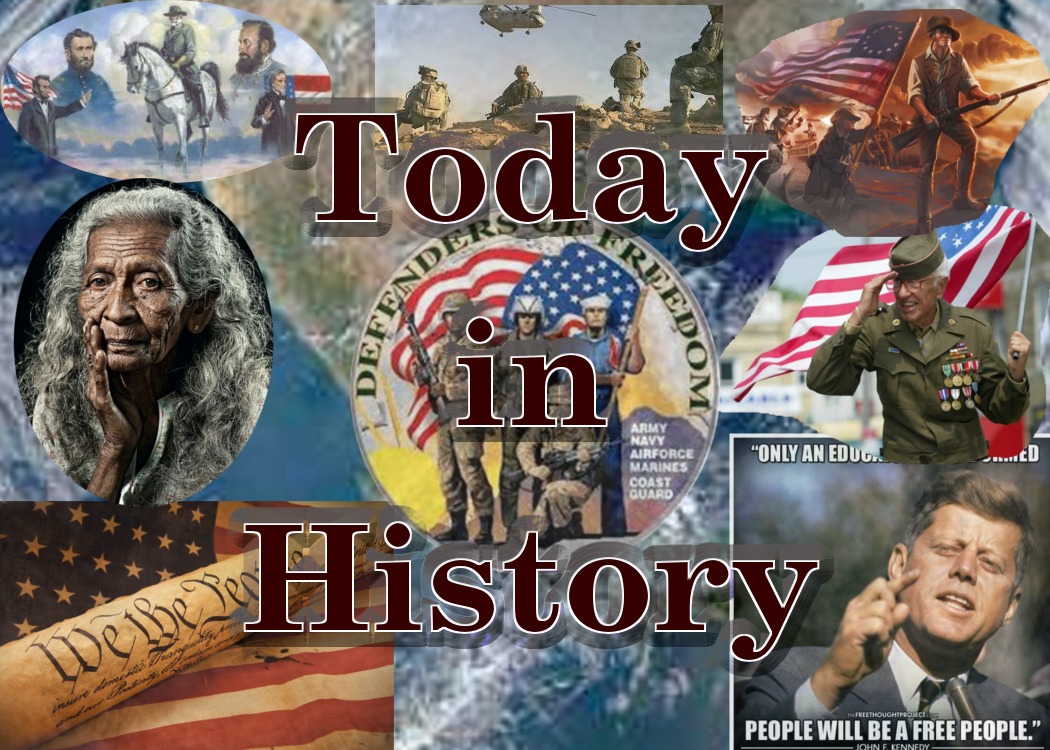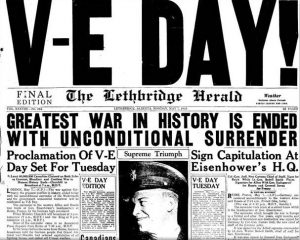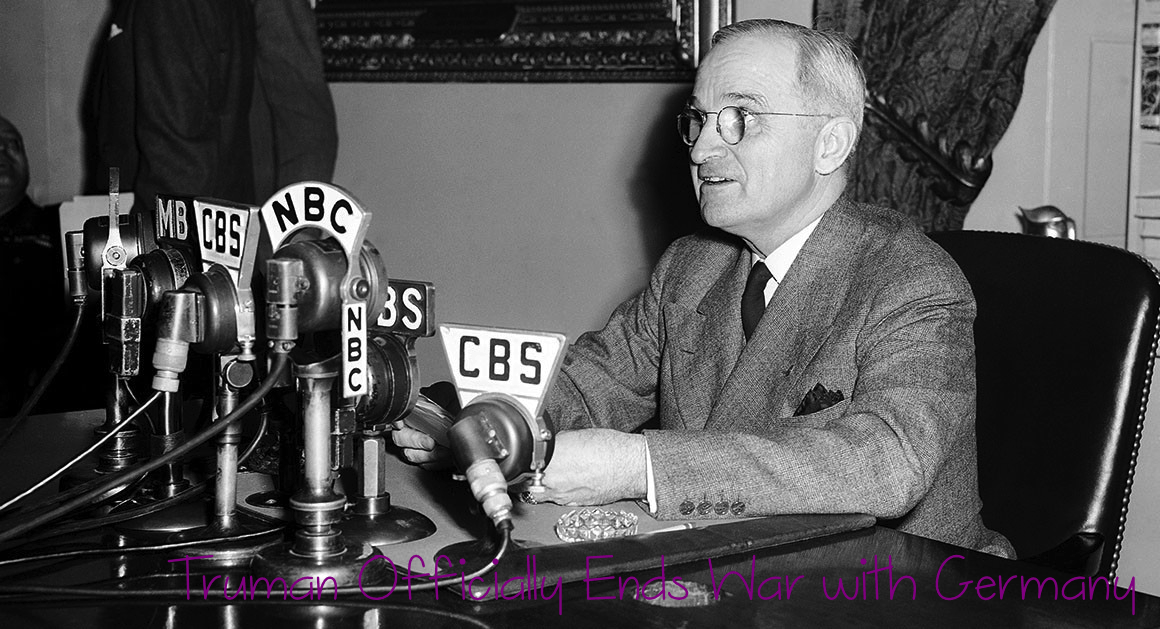

Today in History: May 8, 1945 – VE DAY
“General Eisenhower informs me that the forces of Germany have surrendered to the United Nations. The flags of freedom fly over all Europe. For this victory, we join in offering our thanks to the Providence which has guided and sustained us through the dark days of adversity. Our rejoicing is sobered and subdued by a supreme consciousness of the terrible price we have paid to rid the world of Hitler and his evil band. Let us not forget, my fellow Americans, the sorrow and the heartache which today abide in the homes of so many of our neighbors — neighbors whose most priceless possession has been rendered as a sacrifice to redeem our liberty.”
The war that had lasted for five years and eight months had finally drawn to a close and people celebrated in the streets. President Harry S. Truman announced the victory and appointed Sunday, May 13—Mother’s Day—as day of prayer and thanksgiving. Meanwhile, Churchill gave an impromptu speech on the balcony of the Ministry of Health, telling the crowds, ‘This is your victory!’ However, their day of victory was somewhat overshadowed by the fact that the war with Japan was still going strong.


Listen: Truman’s VE-Day Address

